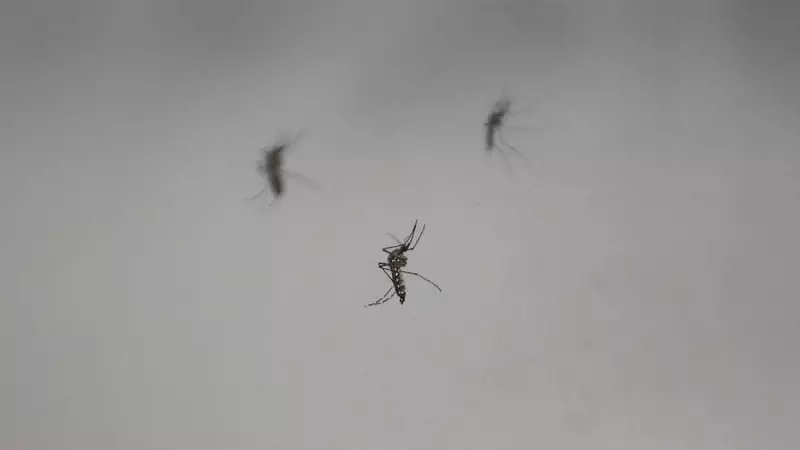
In the frozen landscapes of Iceland, a tiny insect is sending a massive warning signal to the entire world. The peculiar case of Iceland's mosquitoes isn't just an entomological curiosity—it's a climate change alarm bell that demands our immediate attention.
The Arctic Anomaly: Mosquitoes That Defy Nature
Unlike their bloodthirsty cousins worldwide, Iceland's mosquitoes have developed a unique survival strategy. These remarkable insects have adapted to survive without feeding on blood, relying instead on alternative nutrition sources. But this evolutionary marvel comes with a dark side.
The climate connection is undeniable. As global temperatures continue their relentless rise, these adapted mosquitoes face an uncertain future. Their specialized survival mechanisms, perfected over centuries in Iceland's harsh environment, may become obsolete as warmer conditions allow standard blood-feeding mosquitoes to invade their territory.
Global Implications: Why This Matters to India
While Iceland might seem distant from Indian concerns, the implications are profoundly relevant to our subcontinent. The mosquito phenomenon demonstrates how climate change disrupts even the most stable ecosystems, creating ripple effects that eventually reach every corner of our planet.
Consider these critical points:
- Ecosystem domino effect: Changes in mosquito populations affect bird migrations, plant pollination, and aquatic ecosystems
- Disease vector expansion: Warmer temperatures could enable disease-carrying mosquitoes to reach previously safe regions
- Biodiversity threat: Unique species adaptations become vulnerable when climate patterns shift unexpectedly
The Warning We Cannot Afford to Ignore
Iceland's mosquito situation serves as a natural laboratory showing how climate change disrupts evolutionary adaptations. These insects have spent generations perfecting their blood-free survival strategy, only to face potential extinction because human activity has altered their environment too rapidly.
The message is clear: no ecosystem, no matter how remote, remains untouched by climate change. From the Arctic Circle to the Indian subcontinent, we're all connected in this environmental crisis.
As temperatures continue to rise and weather patterns become increasingly unpredictable, the story of Iceland's mosquitoes offers a poignant reminder. It's not just about insects in a distant land—it's about the fragile balance of our entire planetary ecosystem and our urgent responsibility to protect it.





